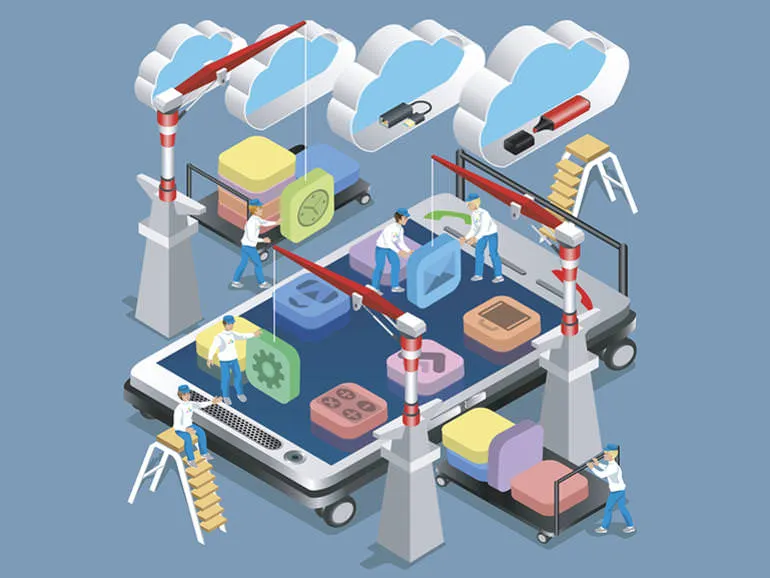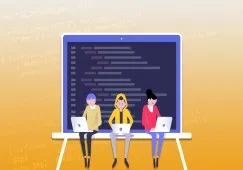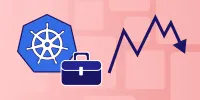
DevOps for Developers: How to Get Started 
Discover the fundamentals of DevOps for Developers: How to Get Started ▼
ADVERTISEMENT
Course Feature
![]() Cost:
Cost:
Free Trial
![]() Provider:
Provider:
QuickStart
![]() Certificate:
Certificate:
No Information
![]() Language:
Language:
English
![]() Start Date:
Start Date:
Self Paced
Course Overview
❗The content presented here is sourced directly from QuickStart platform. For comprehensive course details, including enrollment information, simply click on the 'Go to class' link on our website.
Updated in [May 19th, 2023]
This course provides an introduction to DevOps for developers. It covers the basics of DevOps, including the principles, tools, and processes that make up the DevOps methodology. Participants will learn how to make their application lifecycle faster and more predictable both for developers and the operations team. Topics include version control, continuous integration, automated testing, and deployment. By the end of the course, participants will have a better understanding of how to use DevOps to improve their development process.
[Applications]
After completing this course, developers can apply the concepts learned to their own applications. They can use the techniques to make their application lifecycle faster and more predictable. Additionally, they can use the knowledge to collaborate better with the operations team and ensure that their applications are deployed and maintained in a timely manner.
[Career Paths]
1. DevOps Engineer: DevOps Engineers are responsible for managing the development and operations of an organization’s IT infrastructure. They are responsible for automating processes, deploying applications, and monitoring systems. As the demand for DevOps Engineers continues to grow, they are expected to become more specialized in their roles, with a focus on automation, cloud computing, and containerization.
2. Cloud Engineer: Cloud Engineers are responsible for designing, deploying, and managing cloud-based applications and services. They are expected to have a deep understanding of cloud computing technologies, such as Amazon Web Services, Microsoft Azure, and Google Cloud Platform. As cloud computing continues to grow in popularity, Cloud Engineers are expected to become more specialized in their roles, with a focus on automation, security, and scalability.
3. Software Developer: Software Developers are responsible for designing, developing, and testing software applications. They are expected to have a deep understanding of programming languages, such as Java, Python, and C++. As the demand for software applications continues to grow, Software Developers are expected to become more specialized in their roles, with a focus on mobile development, web development, and artificial intelligence.
4. System Administrator: System Administrators are responsible for managing and maintaining an organization’s IT infrastructure. They are expected to have a deep understanding of operating systems, such as Linux, Windows, and macOS. As the demand for system administrators continues to grow, they are expected to become more specialized in their roles, with a focus on automation, security, and scalability.
[Education Paths]
1. Bachelor of Science in Computer Science: This degree path provides students with a comprehensive understanding of computer science fundamentals, including programming, software engineering, and systems design. It also covers topics such as artificial intelligence, computer networks, and database management. With the increasing demand for DevOps professionals, this degree path is becoming increasingly popular.
2. Bachelor of Science in Information Technology: This degree path focuses on the application of technology to solve business problems. It covers topics such as software development, system design, and network security. It also provides students with the skills needed to develop and maintain DevOps systems.
3. Master of Science in Computer Science: This degree path provides students with a deeper understanding of computer science fundamentals, including programming, software engineering, and systems design. It also covers topics such as artificial intelligence, computer networks, and database management. With the increasing demand for DevOps professionals, this degree path is becoming increasingly popular.
4. Master of Science in Information Technology: This degree path focuses on the application of technology to solve business problems. It covers topics such as software development, system design, and network security. It also provides students with the skills needed to develop and maintain DevOps systems. This degree path is becoming increasingly popular as the demand for DevOps professionals continues to grow.
Course Provider

Provider QuickStart's Stats at AZClass
Discussion and Reviews
0.0 (Based on 0 reviews)
Explore Similar Online Courses

Git: Become an Expert in Git & GitHub in 4 Hours

Data Structures & Algorithms I: ArrayLists LinkedLists Stacks and Queues

Python for Informatics: Exploring Information

Social Network Analysis

Introduction to Systematic Review and Meta-Analysis

The Analytics Edge

DCO042 - Python For Informatics

Causal Diagrams: Draw Your Assumptions Before Your Conclusions

Whole genome sequencing of bacterial genomes - tools and applications

DevOps Fundamentals With Agile Gain Solid Understanding

The DevOps Toolkit: Kubernetes Chaos Engineering
![Microsoft Azure DevOps Certification Training Course [AZ 400]](/ccsimg/dcs/img_tools/dcs_img_1691609508_f1144c26447da078f1e6f48f537907b0.webp)

Start your review of DevOps for Developers: How to Get Started